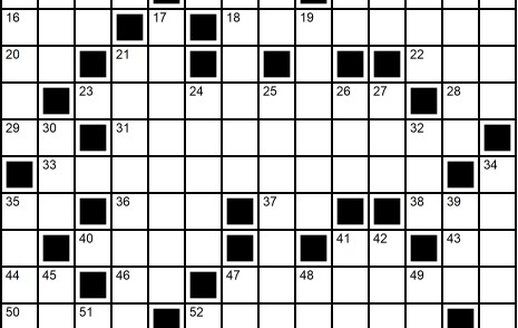
Which EU country offers the highest minimum wage for workers outside the European Union?


The latest report on Blue Cards shows that Germany welcomes the most workers from outside the EU among the bloc's member states. Berlin issued about 69,000 such permits, or 78% of the EU's total of 89,000 permits. Poland comes in second with 7,000, followed by France with 4,000, Eurostat said.
The Blue Card is considered a golden ticket for highly qualified professionals from non-EU countries. Denmark and Ireland are the only countries that do not issue these permits at all.
What kind of salary does a Blue Card guarantee?
This special visa also guarantees a minimum annual gross salary, even in countries without a statutory minimum wage, such as Italy, Sweden, Austria and Finland.
The thresholds vary widely. From a maximum of around €68,000 in the Netherlands to just over €16,000 in Bulgaria. The EU Blue Card directive also proposes that the employer must pay the cardholder a salary that is at least 1.5 times higher than the average in the country concerned. It is called the “general rule” and the figures for each country are indexed annually.
Who is grabbing the most Blue Cards?
Indians lead with 21,000 cards, almost a quarter of the total (24%), followed by Russians (9,000 or 11%), Turks (6,000 or 7%) and Belarusians (5,000 or 6%). Qualifying for a Blue Card is relatively simple.
Requires either a university degree or three years of relevant work experience in the field related to the application. Blue Cards can also be issued after a cycle of studies followed in the EU. The good news is that there are no language requirements. The card also allows for free travel within the Schengen Area, if the permit is issued by a Schengen country (Cyprus is the only exception among the Blue Card countries).
Any other way to move within the EU for highly skilled workers?
Blue Cards are not the only visas that grant work and residence to non-EU workers. In 2023, EU countries granted almost 11,000 “intra-corporate transfer permits”, allowing highly skilled third-country nationals to transfer to EU branches of international companies.
The Netherlands issued a quarter (2,700) of them, followed by Germany and Hungary (both 1,900 or 18%), France (1,500 or 14%) and Spain (1,100 or 10%). The majority of recipients were Indians (3,900 or 36% of all permits), Chinese (1,600 or 14%) and South Koreans (1,300 or 12%).
Happening now...

83 mandates are not immunity for Rama's friends
ideas
top
Alfa recipes
TRENDING 
services
- POLICE129
- STREET POLICE126
- AMBULANCE112
- FIREFIGHTER128



























